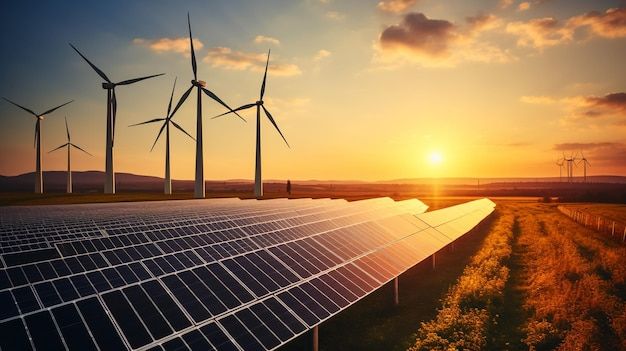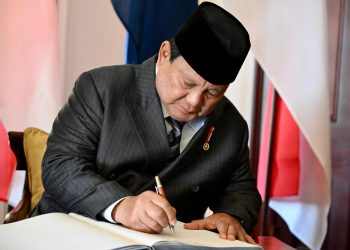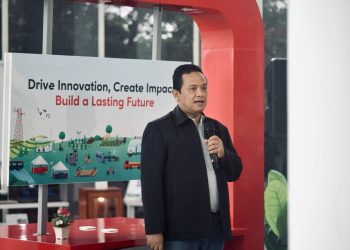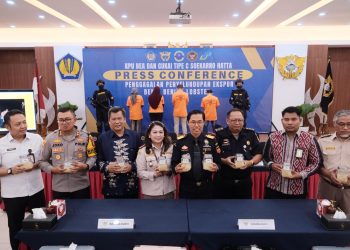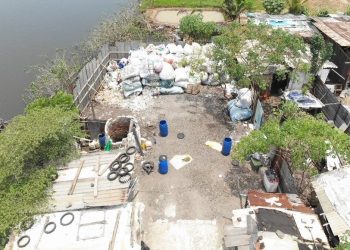Jakarta, Indonesia Sentinel — Indonesian non government organization (NGO) Perkumpulan Inisiatif is calling on the West Java government to make renewable energy development a top priority in the province’s next five-year development plan.
Dadan Ramdan, Secretary General of Perkumpulan Inisiatif, emphasized that Indonesia’s energy transition must be must be a collective commitment and a shared responsibility across all sectors.
“This agenda requires commitment from everyone, involving not only the government but also the private sector, academia, the media, and the public at large,” Dadan said in a statement on Monday (July 21, 2025).
He noted that a global consensus has already been established to confront the ongoing energy and environmental crises, as well as climate change. This is reflected in key international frameworks such as the Paris Agreement and the United Nations’ 7th Sustainable Development Goal (SDG) for 2030.
“Countries around the world, including Indonesia have pledged to shift toward a just energy transition,” Dadan added.
This transition, he explained, means moving away from fossil fuel-based energy production and consumption (such as coal, oil, and gas) to clean and renewable sources (like solar, wind, and hydro). The goal is to reduce greenhouse gas emissions and achieve net-zero emissions by 2060.
Therefore,, Dadan urged the West Java provincial and local governments to incorporate this transition into their long-term and medium-term development plans. These commitments should be formally included in the 20-year Regional Long-Term Development Plan (RPJPD), the 5-year Regional Medium-Term Development Plan (RPJMD), and the annual Regional Government Work Plan (RKPD).
“By doing so, the energy transition will not remain a central government agenda but become a regional development priority,” Dadan said.
He added that a review of West Java’s RPJPD 2025–2045 shows that the province has already committed to the energy transition in principle. “This should serve as the foundation for formulating renewable energy policies and programs in the 2025–2029 RPJMD,” he said.
Read Also:
President Prabowo Targets Energy Self-Sufficiency for Indonesia Within Six Years
However, Dadan found that the draft of the upcoming RPJMD does not yet reflect this commitment in practical terms. “Out of the 23 identified development priorities, none include small- or medium-scale renewable energy projects like micro-hydro power, biogas, or solar panels,” he said.
These projects are not only aligned with the province’s energy mix improvement strategy but are also essential to expanding access to reliable electricity in underserved areas.
Currently, he noted, the only strategic plan included in the RPJMD involves rooftop solar for public buildings and schools. While other forms of renewable energy with significant potential remain overlooked.
To address this gap, Perkumpulan Inisiatif continues to advocate for the inclusion of small- and medium-scale renewable energy development as a regional priority over the next five years.
Ahmad Gunawan, a researcher at Perkumpulan Inisiatif and Chair of the Citarum Watershed Social Development and Conservation Program, echoed Dadan’s statement. He highlighted that West Java has set a target for renewable energy to account for at least 30% of its primary energy mix by 2030, exceeding the national target of 23%.
“With that level of ambition, the West Java government must prioritize programs that accelerate renewable energy development at the regional level,” Gunawan said.
(Raidi/Agung)


